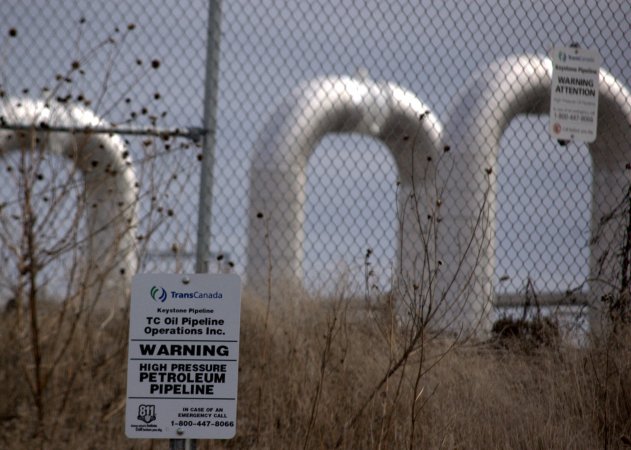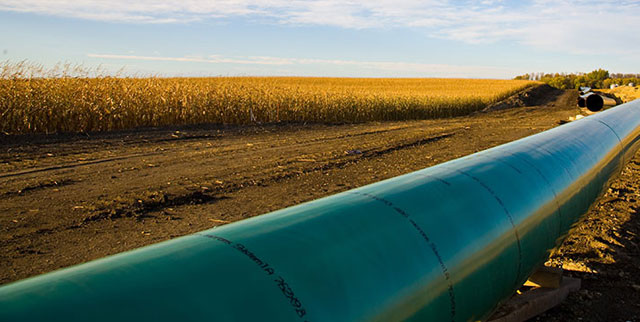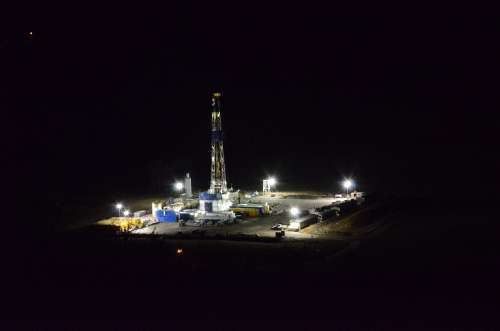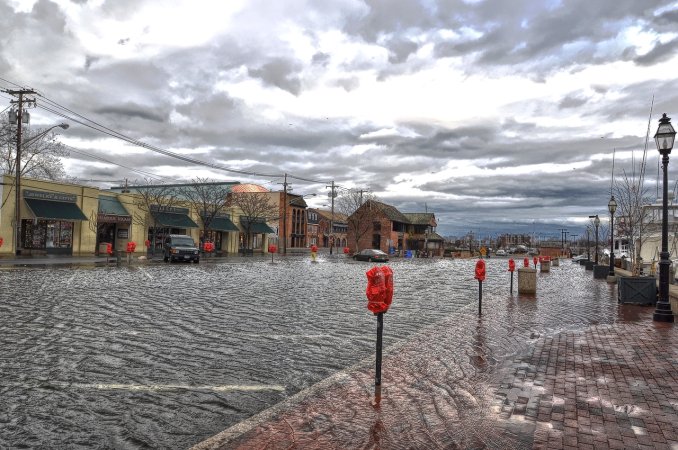

As the climate crisis rages on, banks and investors are starting to reckon with the effects of the crisis on the banking system. Banks are losing trillions of dollars worth of assets from both the physical threat of climate change and ever-changing policies, Reuters reports. Not to mention, the financial industry isn’t faultless when it comes to their own footprints. Dozens of major banks invested several trillion dollars in risky fossil fuel investments during the five years following the Paris Agreement. Still, large businesses, banks, and universities are starting to divest from fossil fuels and high-carbon emitting industries.
But there’s another way for companies and institutions to follow a more sustainable standard by putting money in the system instead of taking it out—ESGs. The buzzy term stands for “environmental, social, and governance” and is a set of standards for a company’s operations used to screen potential investments. For an individual investor, a typical ESG could look like opening an online brokerage account and checking off settings for a portfolio that is low risk and high in social responsibility. For a company or institution, it means putting ”capital in corporations that proactively govern and operate in an ethical and sustainable manner,” according to Nasdaq.
Etienne Cadestin, the founder and CEO of Longevity Partners, an environmental consulting firm based out of the United Kingdom, calls ESGs “housekeeping” for companies that are concerned about their environmental impact and managing risk for businesses.
[Related: How to find a bank that shares your commitment to the environment.]
“ESG investments are considered as a separate asset class but it shouldn’t be,” Cadestin argues. “ESG should be incorporated in every business’s modus operandi … it’s a best practice. It’s all about running a responsible business.”
He is hopeful about the use of ESGs in current and future investments, and is excited to witness how quickly businesses are discussing responsible investing. Companies like his, as well as well known consulting firms like Deloitte and McKinsey & Company have come out of those conversations to guide others into sustainable and responsible investing.
Cadestin started his career in 2009 working at the United Nations Environment Program on building a green economy, something unheard of at the time, he explains. The green economy is “low carbon, resource efficient and socially inclusive,” and growth in this economy is driven by reducing pollution and investing in sustainable energy, he says.
“Climate change is accelerating and the sort of physical risks associated with climate change are real and we see it everyday, we’ve seen the floods in Germany, the fires everywhere,” he says. “Over the last two years I think there’s a huge state of consciousness that has risen.”
Rebecca Greenan, Senior Vice President of Finance & Operations at software company Crux OCM says that ESGs are becoming more widely used across different industries to become more transparent about the impact of their investments or products.
“(ESGs) are the three key tenets in measuring the sustainability and societal impact of a company,” she says. “By analyzing how a company contributes to sustainable development, we can better determine the future financial performance of that company.”
[Related: Your retirement account can also help protect the planet.]
Greenan also explains that ESGs are also a vehicle for companies to align with their shareholders’ values. But there, as with many “sustainability” movements, there is concern that ESGs can easily become another way for companies to greenwash their practices. According to a report from MarketWatch, “with the rise of consumer and investor interest in ESG comes the rise in greenwashing.” Greenan says investors should keep an eye out for how transparent a company is about their funds.
“A genuine ESG program includes going to your supply chain and augmenting every single metric to ensure it is meeting ESG targets,” she says. “[An] ESG has the potential to touch every single aspect and department of a company. Everything from infrastructure that they are building, to field operations, to transportation to internal systems and corporate culture. When you can ask any employee of any rank within the company what the company is doing to fulfill their ESG strategy and they can come up with an answer, you have a genuine ESG program.”
She explains that if a potential investor or customer wants to ensure that a company they are interested in is not just greenwashing, they should ensure that the company’s ESG is transparent about the metrics used to measure impact.
“When compensation is tied to ESG metrics with third party auditing, the company is showing that they are serious about implementing their ESG strategy,” she said.























